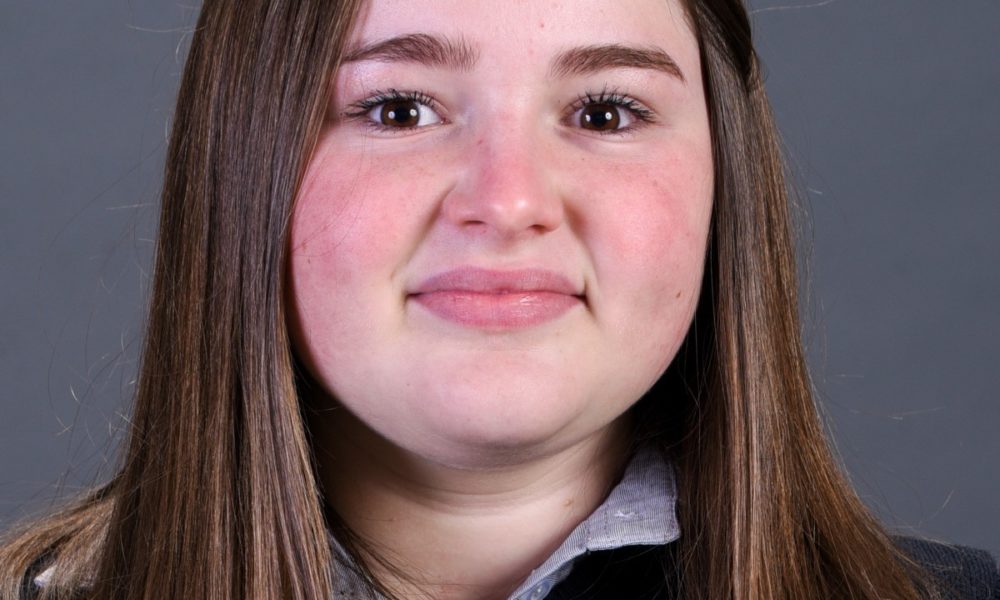Youth
Choosing to reserve judgement

Forgiveness is when you free a wrongdoer of any injury they have caused you, whether they deserve it or not. It’s a conscious choice to release any resentment or bitterness you hold. When we choose to forgive, we’re wiping the slate clean.
Rosh Hashanah is celebrated in the month of Tishrei. It’s a time when we appreciate everything around us. We have the custom of asking for forgiveness from any person we feel we have hurt over the past year. However, there are two levels of forgiveness: there’s saying sorry, and then there’s fixing the problem. I was in the car with my mom when someone bumped into her car. Their first reaction was to say sorry, and of course she forgave them straight away, but the car still had that dent in it. Even though the deed has been forgiven, every time we see the dent, we’re reminded of the incident.
Forgiving doesn’t mean forgetting. Forgiving is when we stop resenting someone who has caused us pain, and forgetting is when we choose to block out what happened and move on as normal. We can forgive in order to achieve peace, however by not forgetting, we learn a lesson.
Forgiveness takes courage, as most of the time it requires confrontation. Social media has given us a third medium of communication. We’re no longer forced to interact face to face, and it’s so much easier to hide behind our screens. We can refuse to reply or simply press the “block” button. Personal interaction has greater authenticity as a result of the addition of facial expression, body language, and tone. In today’s society, it takes courage to confront those around you and many people are no longer used to the intensity which accompanies human interaction.
Seeking or providing forgiveness is a complicated task as we’re never sure how a recipient will behave. I have learnt that it’s always better to give each other time to gather our emotions before attempting to discuss a problem. We all say things we don’t mean when we’re angry, and once the words are out, the damage is usually irreparable. My parents have guided me to forgive as none of us are perfect and we cannot gauge one another’s actions. Forgiveness is accepting that we all have different value systems. Forgiving is a form of self-growth, and a lesson in how to reserve judgement.
Tali Snaid, Grade 10, Torah Academy